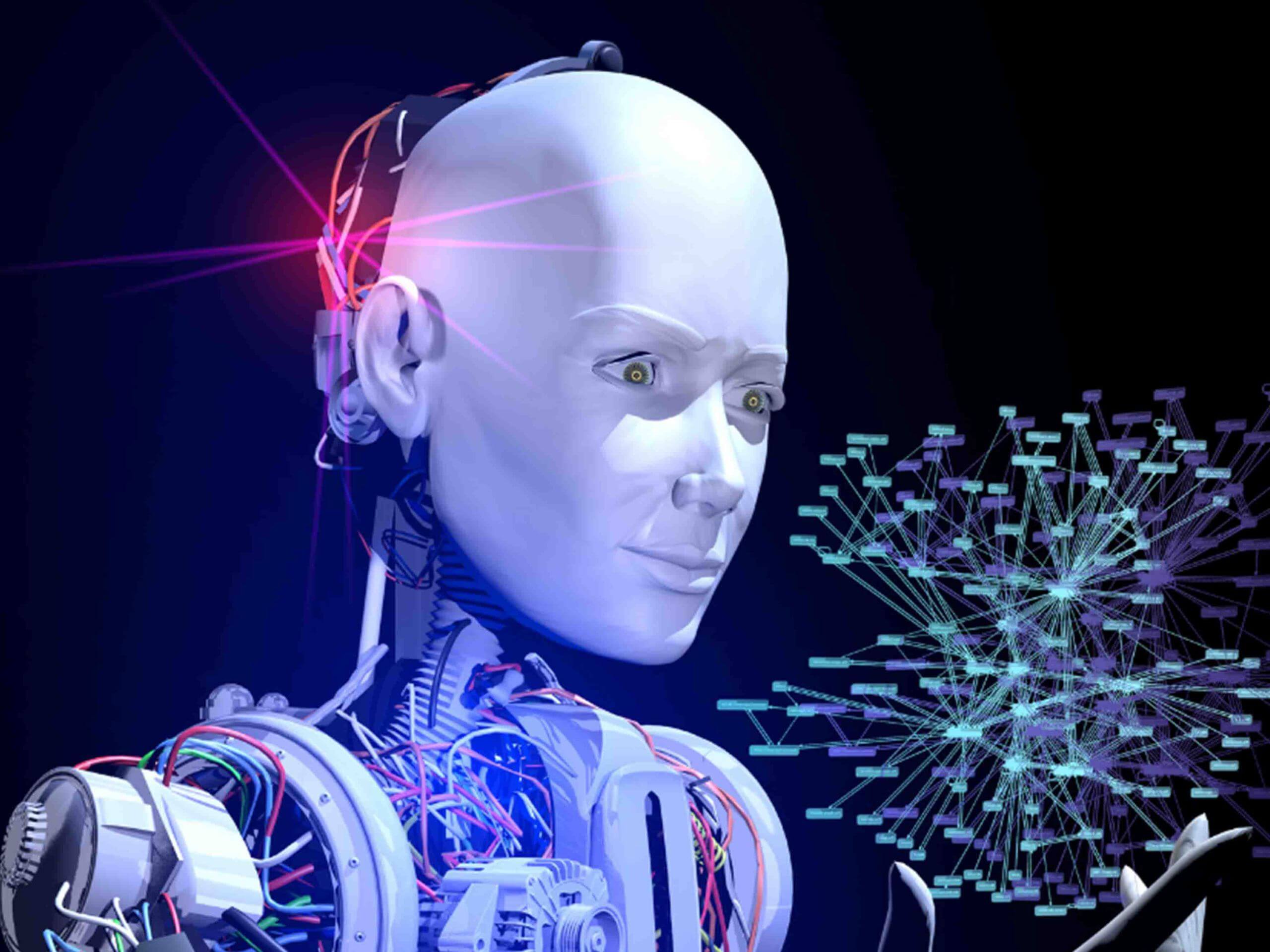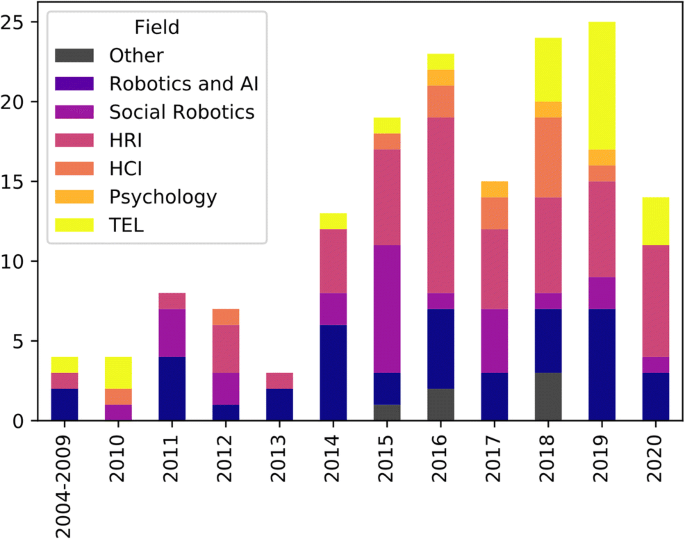

September 16, 2022
Robotics is increasingly being talked about in order to curb mental health issues in individuals. Research about how to provide technology-assisted, reactive psychological health and mental well-being therapies and improvements to existing platforms is the new normal.
In the contemporary age, technology-assisted therapies are becoming a norm in areas of health care, with the claimed objective of enhancing access to and cost-effectiveness of health care. Every mobile app development company is employing better tech for an excellent user experience. Despite efforts to create a more customized technology venture, the present technology platforms offering treatments are largely mobile applications and websites that are meant to lessen the strain on individuals. The art and entertainment genre in app design has become a norm.
However, Robotics is increasingly being talked about in order to curb mental health issues in individuals. Research about how to provide technology-assisted, reactive psychological health and mental well-being therapies and improvements to existing platforms is the new normal. The socially assistive robots are robotic technology platforms featuring audio, visual, and motion abilities that are being developed to interact socially with people while also assisting them in the management of their mental health. Robotics and AI have become an essential part of modern times as more people complain about issues linked to mental health. Depression and anxiety are highly curable, according to research, however only 36.9% of individuals who suffer obtain therapy.
Depression, anxiety, and other psychological illnesses are among the world’s most pressing issues and modern behavioral research is analyzing the basis of this suffering. To speed progress in identifying the most effective methods for dealing with pain, society needs a science of therapy as a process that collaborates with AGI models that are anchored in bodies and the world.
Personal robots and other AI systems are undeniably becoming more prevalent nowadays. However, according to research, while Apple’s Siri and Amazon’s Alexa can perform specific duties, they can’t genuinely support human existence. Positive emotions, meaning, a sense of accomplishment, and connections are all very essential. AI comes to play when robots that understand the human psyche come into play.
Social robots are robotic systems based on Artificial Intelligence that are meant to assist people through social interaction, dialogue, and emulation of human behavior. They can also be utilized to give emotional support to people when they are lonely or depressed.
In recent times the trend of SARs has assisted in easing patients with mental health problems. Custom web application development services play a vital role in designing apps that cater to mental health. Socially assistive robots are clinical devices used in the healthcare business to help healthcare workers, enable better patient treatment, enhance functional results, and promote stronger social engagement in the mental health industry. SARs have been shown in studies to have scientifically proved favorable impacts on patients’ mental health, with results like stress reduction, reduced aggressiveness, enhanced patience, and a greater sense of contentment.
Also, research showed that social robots are well-accepted by elderly patients. According to the research, social robots can collect health data independently in public areas and aid medical teams in diagnosing patients. As previously stated, deploying a social robot to survey trauma survivors using a self-reported method can decrease the burden on trauma medical teams while also ensuring that necessary data for the diagnosis is collected and recorded in the relevant medical system on time for early intervention.
In addition to overcoming technical difficulties, social robots can assist person. Who is seeking mental health therapy for Post-Traumatic Stress Disorder in overcoming social barriers. Some trauma survivors owing to their past experience with hospitals fear the therapy process. This makes them avoid consultation with professionals. A few avoid obtaining mental health therapy altogether because of personal internal societal hurdles such as isolation, stress, discrimination, and feelings of shame connected with traumatic events. Individuals suffering from trauma cycles frequently experience intense negative feelings in response to the trauma and their subsequent mental state. This attributes to societal behavior and can be catered to via robots who can diagnose issues of medical patients. AI-assisted tech can record their behavior and grievances, freeing them from traumatic experiences. According to research, PTSD influences 7.7 million individuals or 3.5 percent of the adult population in the US.

Social robots can be burden bearers in workload management for mental health practitioners. But there are certain ethical aspects to keep in mind when incorporating this technology into mental health care systems. One of the most crucial problems is data privacy, which generates a sense of continual monitoring in people’s daily lives. Furthermore, because these robots are not mandated as medical equipment by higher authorities of states. Mental health providers may encounter legal issues when employing them to deal with their patients. Many people may be engaged in this, such as mental health practitioners, robot manufacturers. Everyone involved in the complete process flow of implicating the robot.
According to research, many people prefer to speak to a chatbotor other AI software about their mental health issues. It is estimated that only 18 % of patients can speak with a person about their difficulties. Implying that 82% would rather speak with a robot. It is commonly known that many individuals are eager to confide in an artificial intelligence computer.
Several firms specialize in teletherapy of teleconsultation for people who need assistance weaning off drugs. AI bots are recommended as part of a complete, tech-enabled toolset to help patients to bridge the gap between consultations with a real therapist. AI technologies also assist therapists in identifying important warning indicators. Such as assessing the tone of someone’s voice for symptoms of growing despair, to intervene promptly. Even today, it is astonishing that many individuals choose to discuss their mental health with an automated program.
In today’s culture, many mental health conditions are stigmatized to differing degrees. Individuals suffering from a substance use disorder are more prone than those suffering from worry or despair to be blamed for their issues. Many people are vulnerable and afraid of misuse because they believe they will overuse or abuse. Alcohol or prescription medications, and the stigma is genuine and pervasive. According to research, four out of every five Americans suffering from drug addiction do not seek treatment. Because of the stigma associated with it. Mobile app development services in the USA is trying to curb the issue with robust R & D and robots that can offer therapy to these individuals. Others like Kinova Inc and CMR surgical have already applied the Robo-therapy approach.
Breaking the stigmas via new tech tools has brought a wave of tech upheaval. Economic zones and the tech industry are reliant on manual power to a great extent. And robots to assist mental health are a great revolution in the tech hub.